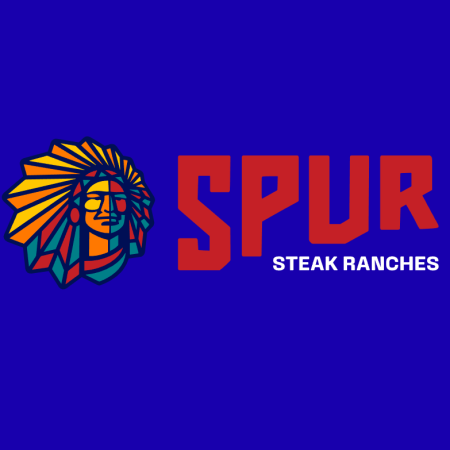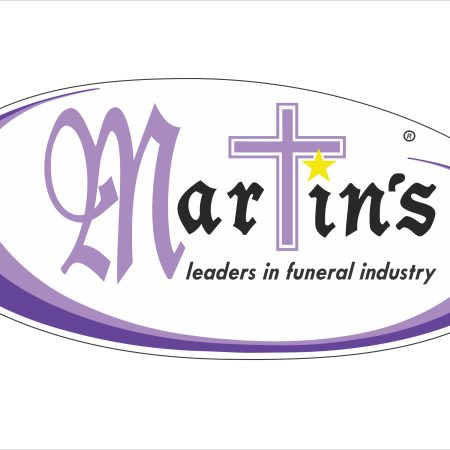A franchise is a business arrangement and agreement where the originator – the franchisor, licenses the purchaser, the franchisee, to use the brand name, products, and know-how developed by the originator. To put it simply, the franchisor develops a brand and business format and then grants franchisees the right to use the brand and business format.
Franchising started as a way of distributing products or services by giving someone the right to sell those products or services in a particular area. However, franchising has since evolved, and now the most prevalent form of franchising is business format franchising, also known as the “carbon-copy” format. In a business format franchise, the franchisee gets access to the brand, products, and the method for operating and managing the business. McDonald’s was one of the pioneers of business format franchising, with training being the foundation of successful franchising for the brand, to such an extent that they established Hamburger University at the company’s headquarters in Chicago, Illinois.
South Africa developed many homegrown brands, which still account for over 80% of franchises in South Africa. Top brands like Nando’s, Chicken Licken, Spur, and Steers spearheaded the development of popular franchises in South Africa.
When you purchase a franchise, it’s not a once-off transaction but rather the start of a business relationship. Therefore, potential franchisees must be aware of these common traits of franchises:
- Initial fees – The franchisee will pay an initial fee to the franchisor in addition to the establishment cost required to set up the outlet. This initial fee covers the license to the franchisor’s trademark and know-how and the initial assistance that the franchisor will provide.
- Ongoing fees – Franchisees also pay ongoing fees in the form of a monthly royalty/management service fee and monthly marketing contribution. These fees are mostly charged as a percentage of monthly sales.
- Collective marketing – Franchisees may participate in and benefit from the collective marketing of the group. The franchisor develops the marketing strategy and plans for marketing at a national or regional level. The franchisee does local marketing under the guidelines provided by the franchisor in the operations manual.
- Collective benefits – Franchisees also have access to collective benefits such as group buying, which can substantially reduce the purchasing cost of products.
- Operational compliance – Becoming a franchisee means agreeing to comply with the franchisor’s operational standards. The franchisor will provide franchisees with an operational manual containing the standards, policies, and procedures required from franchisees. While this limits the franchisees’ freedom to act, the operating standards form part of the franchisor’s recipe for success, and franchisees should adhere to these standards if they want their outlets to be successful too. There is still room for entrepreneurial flair in aspects such as local marketing and sales, which is the responsibility of the franchisee
- Training – One of the main benefits of franchising is that franchisees and their staff will receive training on the operation of the business. The franchisor should also provide ongoing training.
There are many other aspects of franchising to consider before purchasing a franchise, including the legal aspects, and potential franchisees should do their research before buying a franchise.










